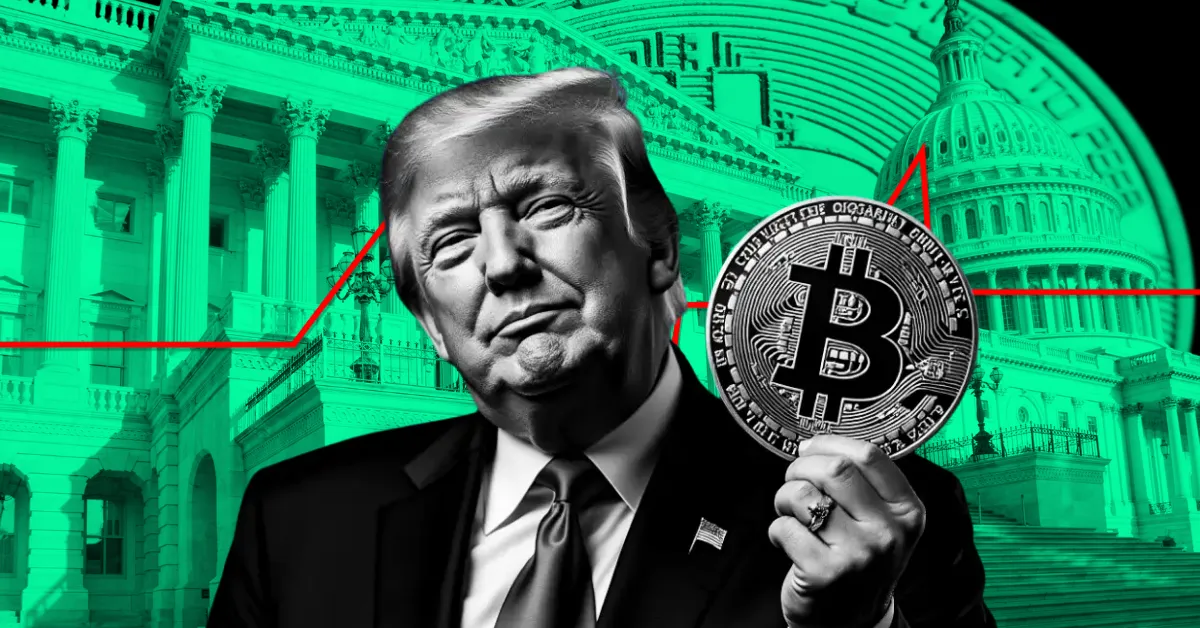
Since the beginning of the 2024 U.S. presidential election campaign, President Donald Trump has made a complete U-turn in his approach to crypto. Recently, he hinted there might be “No Capital Gains Tax on Crypto made in the U.S.” With Bitcoin already near its ATH price, investors are now eyeing American-made tokens.
But is this a serious policy plan? Let’s take a closer look at what’s real and what’s not.
Back in 2019, Trump openly criticized Bitcoin, calling it “based on thin air.” But things have taken a sharp turn. Now, he’s positioning himself as a pro-crypto leader, with the goal of turning the U.S. into a Crypto capital for blockchain innovation.
Although his campaign promise involves removing capital gains taxes on crypto seems to be circulating in the United States. Even Trump’s son, Eric Trump, added fuel to the fire, calling it a “zero crypto tax” proposal.
While the idea sounds exciting, there’s a big problem—it’s not official policy.
The truth is, Trump can’t make this change alone; eliminating capital gains tax would require approval from Congress, and even if Republicans take control, not everyone is on board.
Many lawmakers are worried about losing federal revenue from crypto taxes, which currently bring in billions.
Another challenge is the lack of clarity. What exactly does “U.S.-made” crypto mean? Does it depend on where the company is based, where the blockchain is hosted, or the citizenship of the developers? Without clear definitions, it could make the rule hard to follow.
Even though the idea sounds far-fetched, some believe Trump is serious. Tax experts say there’s about a 40–50% chance that a version of this plan could pass. If it does, it may only apply to long-term crypto gains.
This isn’t just about taxes. Trump’s plan may also be about:
While Trump’s “zero crypto tax” promise has made waves in the crypto world. But right now, it’s not a real policy, just an idea.
No, Trump can’t do it alone—Congress must approve it, and many lawmakers oppose losing crypto-related tax revenue.
The term is unclear—there’s no legal definition, making it hard to apply tax breaks based on where a token is “made.”
Experts estimate a 40–50% chance a version could pass, possibly limited to long-term gains and requiring Republican support.
Cardano (ADA) is showing signs of weakness as its long/short ratio drops, signaling a surge…
With XRP struggling to hold key support and whales quietly loading up, all eyes are…
Ozak AI is catching serious attention as it pushes deeper into its 4th presale stage.…
Michael Saylor is doubling down on Bitcoin again. In a recent CNBC interview, he hinted…
Early investors in Shiba Inu and Pepe Coin saw life-changing returns. Now, ChatGPT and other…
As the crypto market enters a phase of reshuffling, whales are offloading large amounts of…